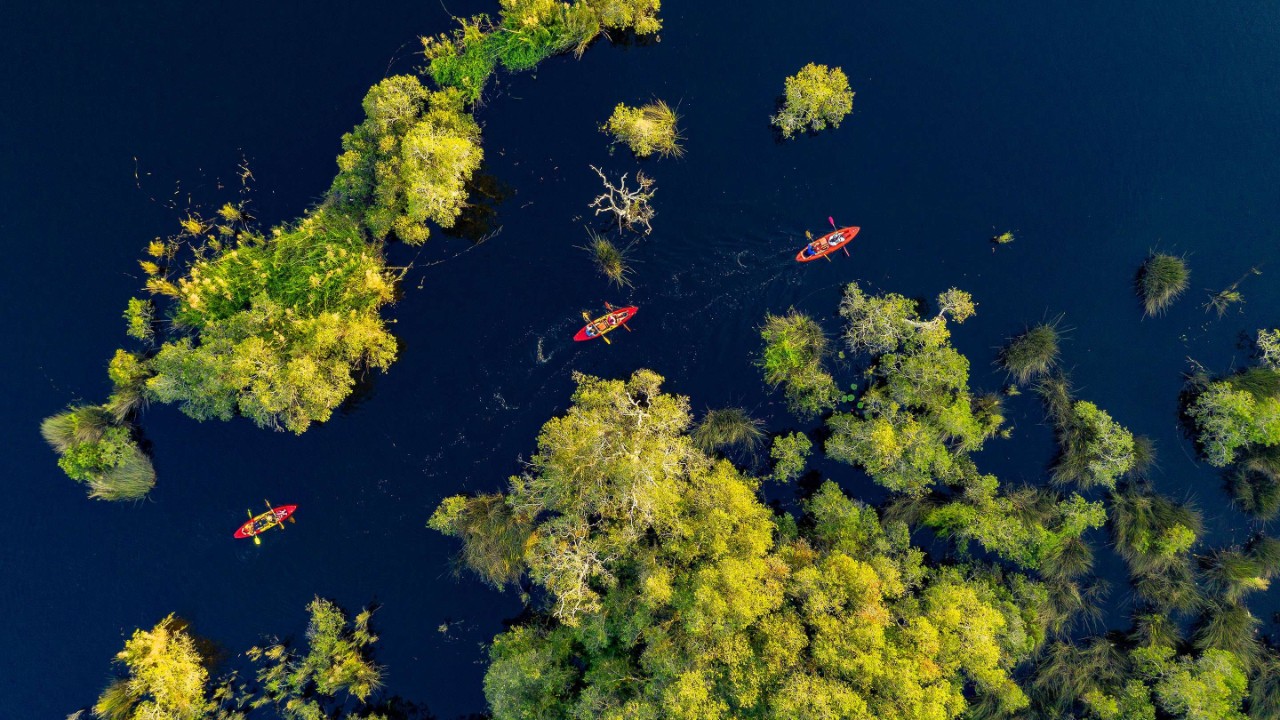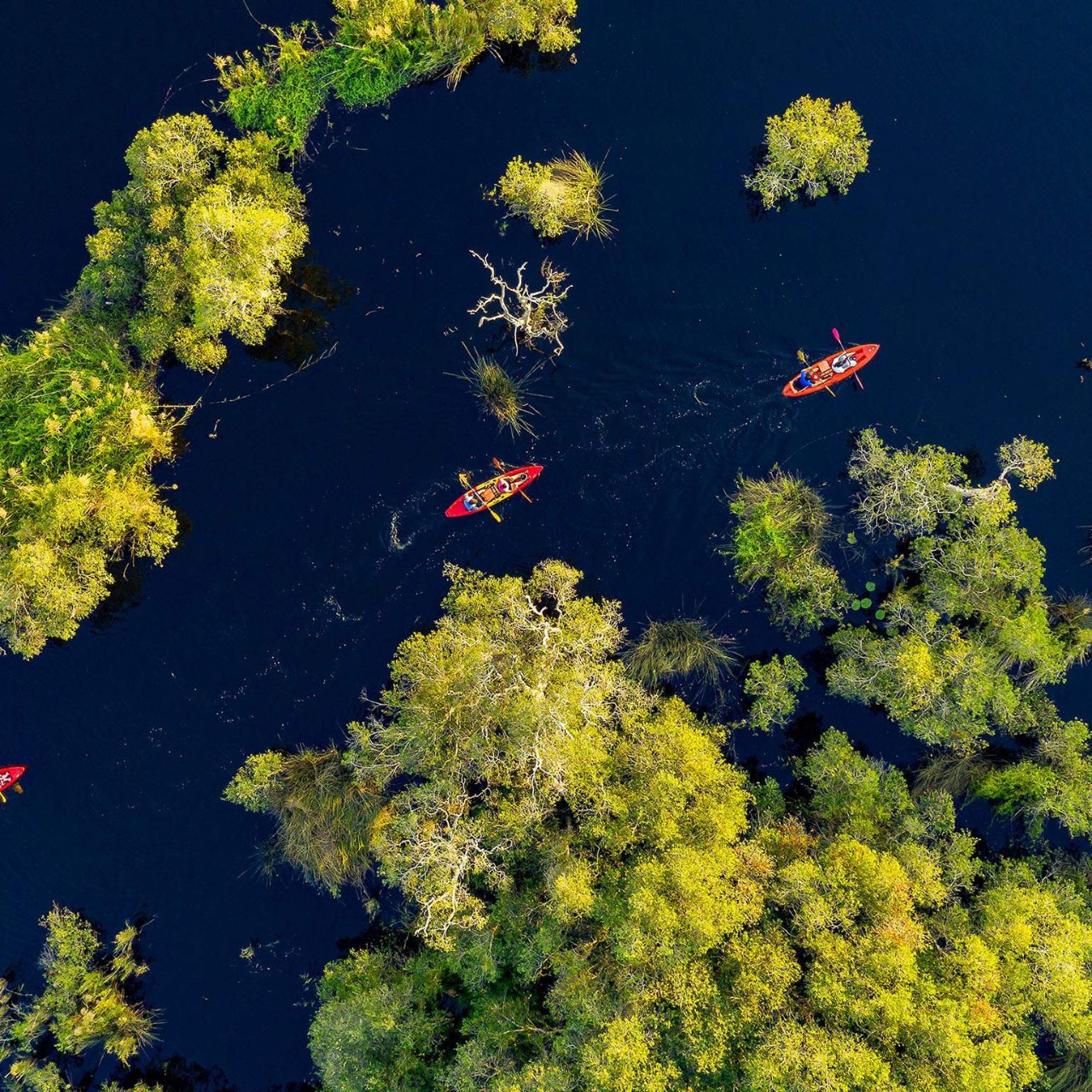2023 Global Asset Manager Survey


Transition in emerging markets: overcoming barriers and increasing connectivity
Mercer surveyed more than 200 global asset managers − including over 100 managers investing in emerging and frontier markets for COP28 − with aggregate assets under management of more than US $30 trillion, building on a survey from 2022. Building on our 2022 study, this year we sought to drill down into how transition is taking place across emerging and frontier markets. We include in-depth analysis on the ways in which asset managers are investing across emerging and frontier regions on an asset class and regional basis.
Assessing policies, positions and progress
Global asset managers have expanded the focus of their sustainable investment policies.
-
Fair labor practices, health and safety and human rights
80% of managers incorporate fair labour practices, health and safety and human rights – a significant rise from 64% last year. -
Biodiversity considerations
49% of managers have policies which address how biodiversity considerations are factored into their strategies. -
Impact investment outcomes
40% of managers have policies which address how they incorporate impact investment outcomes within their strategies – rising from 27% in 2022.
A greater number of managers are reporting net-zero targets, but the scope of asset commitments remains limited.
-
Setting of net-zero targets
35% of managers report having set net-zero targets, an eight-percentage-point year-on-year increase from 27% in 2022. -
Commitment of total assets to net-zero targets
58% of managers who have set net-zero targets have committed less than 5% of their total assets to their net-zero target. -
Ambitions to set net-zero targets in the next 2 years
44% of managers have not set net-zero targets and do not plan to introduce these objectives in the next two years. In 2022, only 38% said they had no ambitions to set net-zero targets.
The majority of managers are assessing nature and biodiversity loss and have undertaken physical climate risk assessment.
-
Risks and opportunities related to nature and biodiversity loss
73% of managers consider risks and opportunities related to nature and biodiversity loss in at least some strategies that they manage. -
Physical climate risk assessment
58% of managers have undertaken physical climate risk assessment across their strategies, a significant rise from 35% in 2022. -
Incorporation of climate adaption or physical resilience
72% of managers have policies which explicitly reference how they incorporate climate adaption or physical resilience into their portfolios.
Evolving transition across emerging markets
Managers expect asset owner appetite for emerging market allocations to increase, but exposure to private markets, alternatives and real assets remains limited.
-
Investments in public equities
81% of managers investing in emerging or frontier markets allocate to public equities – the most invested asset class. -
Investments in fixed income
40% of managers are invested in fixed income across emerging and frontier markets. -
Exposure to private equity, infrastructure, private debt and real estate
13% of emerging market managers report current exposure to private equity; 7% have exposure to infrastructure, private debt and/or real estate.
2023 Global Asset Manager Survey
This year’s survey findings evidence the ways in which global asset managers – particularly those specializing in emerging markets – are advancing their approaches, but also highlighted the significant work ahead to commit a greater proportion of assets to net-zero aligned pathways.
Related solutions
Related insights
